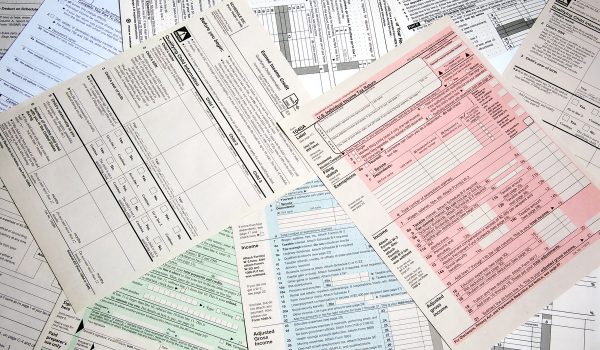While COVID-19 continues to cause panic across the United States, the federal government is not the only one attempting to mitigate the damage for both businesses and individuals. Many states have started to provide legislative and administrative guidance to help taxpayers navigate this pandemic.
Last week, President Trump announced that the federal income tax filing and payment deadlines would be extended to relieve taxpayers affected by the coronavirus. While the President did not provide a date for a filing extension, the Treasury and IRS announced earlier this week it would extend the payment window to July 15, 2020, but did not extend the filing deadline. Today, Treasury Secretary Steven Mnuchin announced, at the direction of the President, that both the filing and the payment deadline would be moved to July 15, 2020. While some states had already extended their own filing deadlines, many more are expected to follow the federal government’s lead.
States such as Alabama, South Carolina, Maryland, Connecticut, and New Jersey have all formerly announced an intent to extend filing deadlines. Some of these states announced simply that they would follow the federal filing extension when announced by the Treasury and IRS, though other states have already provided taxpayers with extended filing deadlines. California’s Governor, Gavin Newsom issued an executive order providing a 60-day filing extension for individuals and businesses struggling to comply due to public health requirements. Indiana has also extended its deadline for both filing and payments to July 15, 2020. Now that Mnuchin announced both a filing and payment deadline extension for federal income returns, it is anticipated that more states may follow the federal government’s lead and implement new filing deadlines for state taxes.
Another way states are coping with the spread of COVID-19 is through ending legislative sessions early and administrative changes within government agencies. Some legislatures, such as Louisiana have adjourned early, while the Tennessee legislature has been limited to exclusively deciding the budget.
Further, departments of revenue in New Mexico, Alabama, Tennessee, Kentucky, Wisconsin, New Jersey, Maine, Iowa, Hawai and Indiana have taken steps to prevent the spread of COVID-19 by providing guidance only via telephone or appointment. The Washington Department of Revenue has closed its office entirely until April 1. It is important for taxpayers to take note of these changes, as many have growing guidance needs as COVID-19 continues to change the economic climate.
States are also working to provide a variety of other tax relief. Examples include: the Michigan Department of Revenue has provided small businesses an additional month to make their monthly sales and use tax withholding payments without interest or penalties; Alabama has issued temporary suspension of certain fuel tax reporting requirements, extended the payment requirement for the March 2020 motor vehicle registrations and property tax, and will allow businesses with monthly retail sales of $62,500 or less to file their monthly sales tax returns without paying the sales tax; the Maryland Comptroller extended the filing deadline for various business-related taxes to June 1, 2020; and North Carolina has waived penalties for failure to timely obtain licenses, file returns, or pay taxes.
As the country continues to cope with the spread of COVID-19, both the federal and state governments are expected to develop additional substantive and procedural tax relief for businesses and individuals. We will continue to monitor and report on these changes. For more information on how the coronavirus has affected taxpayers, visit Tax Law Defined and FBT Coronavirus Help.
For more information on how the coronavirus has affected taxpayers, visit Tax Law Defined and FBT’s Coronavirus Response Team.

